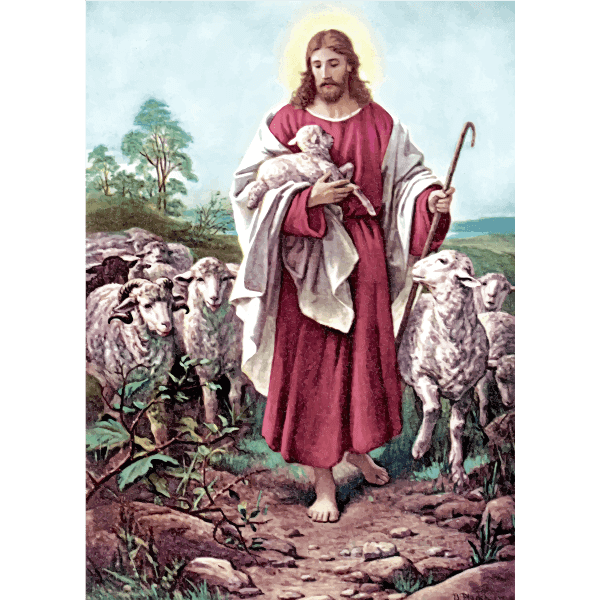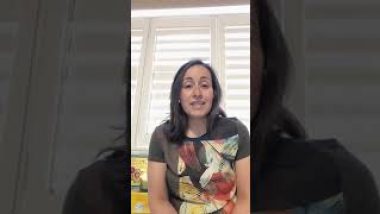
3rd Sunday of Easter
Fr. Mark Gatto
Preached: May 1, 2022
Why did the disciples not recognize the Risen Lord Jesus when he appeared to them? The Risen Lord Jesus showed himself to them in different ways in the various Resurrection accounts. Yet, the disciples often did not recognize him. In this account from John’s Gospel it says “Jesus showed himself to the disciples again by the Sea of Tiberias.” But the disciples did not know that it was Jesus. Only gradually does the “disciple whom Jesus loved” recognize it is Jesus saying to Peter “it is the Lord.” I wonder, why did they not recognize Jesus when the Risen Lord appeared to them?
Where and when does Jesus show himself to you and to me today? Do we recognize Jesus or like those disciples do we often not recognize that Jesus is appearing to us? The spiritual writer, Henri Nouwen, once commented that he used to be resentful whenever he was interrupted in his work until he realized that, often, interruptions were his real work.
As a priest I also can become frustrated by interruptions when I am busy doing “important” things. The challenge is to recognize that perhaps Jesus is showing himself in that interruption. Perhaps someone dying or the person who needs someone to listen to them or one who just needs something blessed. Those unexpected interruptions might be what I should be doing and where Jesus is appearing to me. But, we do not like our own plans and schedules to be interrupted.
This can happen to each of us in big and small ways. Think of the person or family who have an unplanned pregnancy that suddenly turns all plans upside down. Initially there might be resentment or fear. Later on though that unwanted interruption often turns into a much wanted and loved child.
We need to look for the hand of God in our interruptions, in those people and events that disrupt our plans and schedules. We like to plan and have schedules, I need to be constantly planning and setting schedules in my calendar. Jesus does not follow my calendar! We need to be ready to face the disruptions and changes in our agendas.
If we were in total control of our own agendas, with no unwanted demands, we could slowly and subtly become selfish and even lose our human capacity for simple joy, family life and real community. The richer we are the more likely that we are able to control our agendas and avoid interruptions to our plans. This is perhaps why the richer we are the more likely we will not recognize Jesus appearing to us.
In the final judgement, what will Jesus ask us? Did you go to church? Did you say certain prayers? Were you successful and achieve a lot? I think it is more likely that Jesus will ask us what he asks Peter, “Do you love me?” The challenge is to recognize Jesus appearing to us, showing himself to us. Sometimes in interruptions and disturbances to our own plans.
Jesus then says to Peter, “Feed my sheep.” Loving Jesus is real only if we are led to care for his sheep. Each one of us in our own way. The Pope, the Bishop of Rome, as the Successor of Peter is called to Feed the Sheep of the universal Church. Priests are called to Feed the Sheep in a local community, for me in the Diocese of Hamilton and this parish, St. Catherine of Siena.
Each of you need to reflect on the Sheep you are called to feed. A spouse, children, grandchildren, friends, fellow parishioners, and so on. Including those who are lost, rejected, outside of the regular life of the church.
I read an article last week by a Catholic woman who is really struggling to come to church. She has a transgender child. At church she often felt judged, rejected and more important her own child was being rejected. How many among us as Catholics feel rejected, unworthy, excluded? Jesus is calling us to feed the hunger that many among us have for understanding, love, care.
The Risen Lord Jesus appears to us as he did in the Resurrection accounts. We need to recognize the Lord in our interruptions, in our disrupted plans, and in those who are often rejected, excluded, feeling outside the church.
Jesus will appear to us asking us to “Feed his sheep,” to be ready to care for those in need of our love and mercy.

